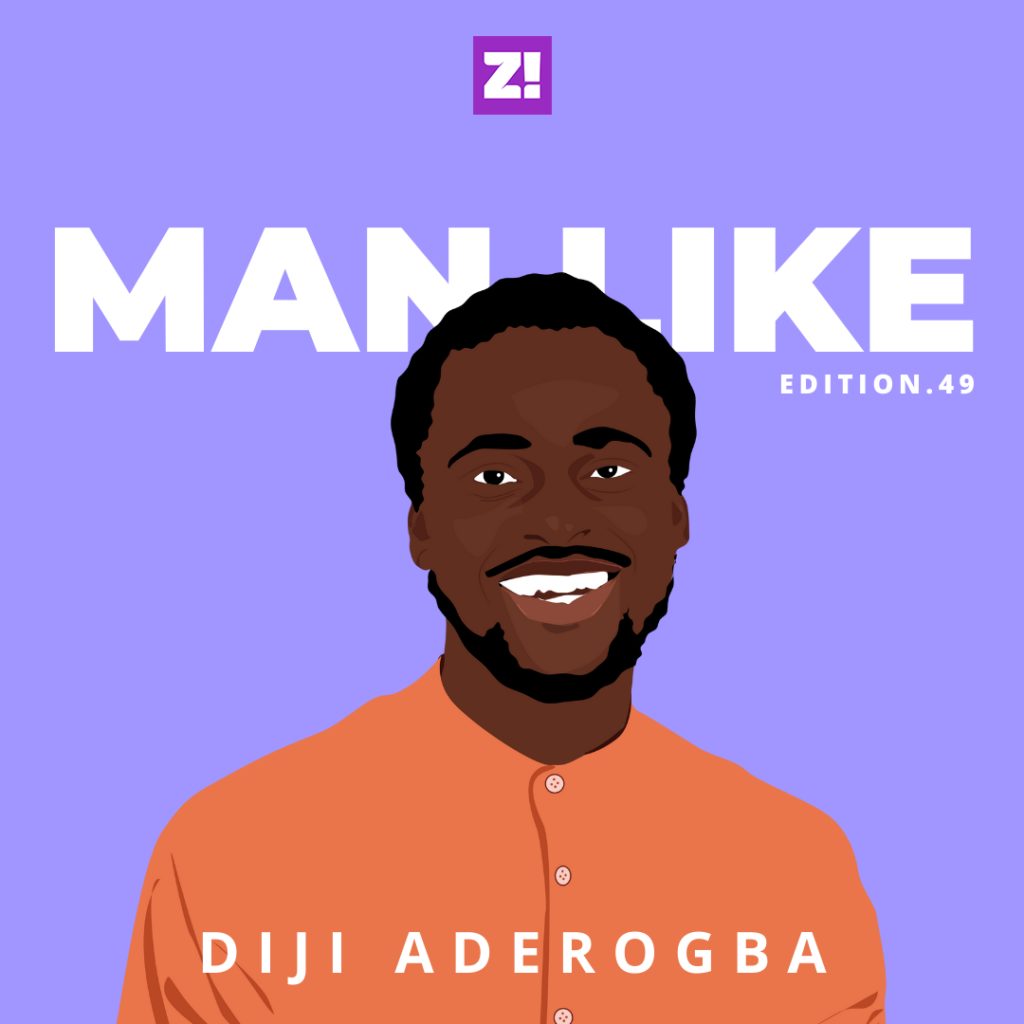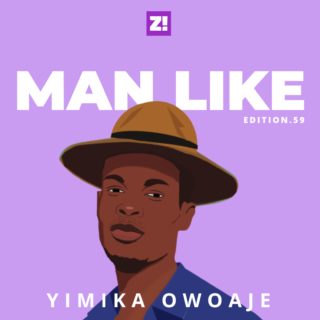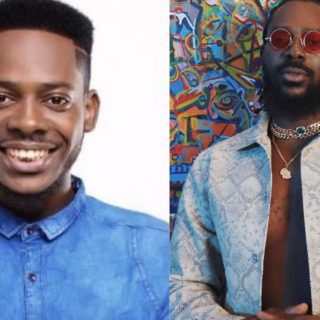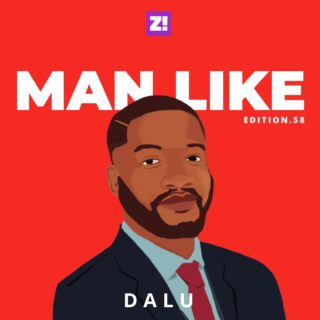Today’s Man Like is Diji Aderogba, an award-winning filmmaker. He talks about struggling while trying to become a filmmaker, losing his father and the love life of a filmmaker.

What was growing up like for you?
It was great. I was surrounded by friends, my two brothers and loving parents, growing up in Abeokuta. We didn’t have a lot but I was content with what we had. I grew up around undiluted Yoruba culture and this has influenced my filmmaking style — I highlight cultural themes and references. I also have a deep appreciation for Yoruba culture.
How did you get into filmmaking?
It’s something I’ve always dreamt of doing. I’d always watch movies and curiosity about the process drove me to learn more about directing. When Saworo Ide was released, I was so moved by the masterpiece that I told my parents that I wanted to make movies. I’
When it was time to go to university in 2011, I wanted to study Theatre Arts, but my parents didn’t think it was a good idea to study that in a private university, probably because they didn’t think it was a “serious enough” course. So I opted to study English Literature, which was the closest to my dream course. Then I borrowed courses from the Theatre Arts department so I could have a better understanding of filmmaking and remain connected to my dream.
What was it like schooling in a private university?
Boring. I had a very dull social life, going from school to my hostel. I couldn’t really spread my wings because I was being extra careful not to be expelled knowing how hard my parents worked to pay my fees.
I used to get an allowance from my parents, but I also took up PR jobs for artists like 9ice, Adekunle Gold, Terry G, Tunde and Wunmi Obe. I was always on my phone, gathering a large social media following and earning some money on the side.
After my youth service in Sokoto in 2015, I got in touch with Tunde Kelani, who is my role model in filmmaking. I sent him a message telling him how much I loved his work and wanted to be a filmmaker like him, but he didn’t respond.
More than a year later, he reached out to me to arrange a meeting at his house. Apparently, he had been watching me and following my projects. In 2017, I enrolled in his film school and started filmmaking after.
I had just graduated from a private university which wasn’t cheap, so there was pressure on me, both real and imagined, to get a job.
Was this when you realised you were a “man”?
At that point, all my money sources dried up. My family was looking at me like, “Na man you be.” To worsen things, after film school, I just wasn’t getting jobs. My mates were either settling into careers or travelling out of the country, but I had nothing going for me except filmmaking. I was even borrowing money to make projects, with nothing coming back.
I felt very depressed during this period. I had nothing. I tried to gather money to make short films through any means possible. I borrowed from friends and DMed people to beg for money. That’s how I shot Tosin, my first movie. I borrowed money from my mom and my friends helped shoot the documentary in return for lunch.
My friends were encouraging me to get a job, not because they didn’t believe in my filmmaking but because breaking out was taking too long. I was doing free jobs just for a chance to learn on the movie set. I tried to think of other jobs to do but the only thing in my head was filmmaking. It was at that point I realised I couldn’t possibly do anything asides from filmmaking.
When did you catch a break?
When my documentary Hidden Euphoria, was nominated for the Best Documentary in Africa award at the Africa Magic Viewers’ Choice Awards in 2020. Unfortunately, COVID happened and I couldn’t build on the momentum of being nominated for the award. Still, the nomination was a pretty big deal, and my name started to make rounds in the industry.
After that, I directed my first feature film, About A Boy, in September 2020. It’s won awards and was recognised at festivals like the 2021 Nollywoodweek Film Festival award, known as the Prix du Public.
What’s your favourite part of your job?
Imagining something and bringing it to life. As a director, your imagination has to work tirelessly. My imagination does the job of interpreting a script. I also like working with people to create a work of art — set designers, costumers, gaffers, sound, scriptwriters, makeup, props, directors, photographers — it always amazes me. It’s stressful but fulfilling.
How’s your relationship with your family?
My dad had to travel for work at some point, so it was just me, my mom and my brothers. We talk to each other about everything. We were a close family of six until my dad’s death last month.
I’m sorry.
It’s okay.
What was your relationship with him like?
We were very close and fun. We had a bond.
What’s your favourite memory of him?
When I was in JSS 3, I travelled to visit with him in Qatar. I had so much fun. We always had such great conversations too. Introducing him to my fiancee is another cherished memory.
Sometimes, I just remember random conversations and incidents that make me smile. I can’t count how many times I’ve cried in the last month. Just last week, I burst into tears while shooting a web series because I would have loved for him to see it. He would have been so proud.
I’m sure he would have. A random question. What’s the romantic life of a creative like?
I’m lucky to have found someone who operates on the same wavelength as me. It’s not easy finding someone who understands and can live with the unsteady life of a director. She was with me when I was working for free. She has always been supportive of me and my career.
Because we’re in a long-distance relationship, I’m always talking to her anytime I’m not working on set. When she’s around, we go out because she’s sociable though I’m not a big fan of outings. My dad had met my fiancée before he died and he loved her.
Would you consider yourself romantic?
I am. I catch myself doing something sometimes and say, “Omo, you’re gone o.”
Check back every Sunday by 12 pm for new stories in the Man Like series. If you’d like to be featured or you know anyone that would be perfect for this, kindly send an email.




